UNDERREPORTED, UNDER THREAT: HATE CRIME IN THE UNITED STATES AND THE TARGETING OF ARAB AMERICANS 1991-2016
In a period of increased xenophobia, racism, and anti-Arab and anti-Muslim sentiment, we cannot afford to overlook the importance of improving our response to hate crime.
Underreported, Under Threat: Hate Crime in the United States and the Targeting of Arab Americans consists of three parts. Part One provides important context to the nature of targeted violence against Arab Americans. Part Two features a compelling selection of case studies that demonstrate the nature of anti-Arab hate crime, the harms inflicted on individuals and communities, and the limitations of existing laws, policies, and their irregular enforcement to address those harms. Part Three retraces the history of hate crime reporting and data collection within the context of targeted violence against Arab Americans, and features analysis into anti-Arab hate crime data published at the state and federal level between 1991 and 2016.
For more on the history of Bias Motivation Code 31 (Anti-Arab), click here to see a timeline of the code used to submit anti-Arab hate crime data through the FBI UCR Program’s national hate crime data collections.
Our research findings demonstrated the need for an improved federal, state, and local response to hate crime. We have therefore created Rating the Response: Hate Crime Legislation, Reporting, and Data Collection in the United States, which provides a clearinghouse of information pertaining to hate crime in all 50 states and the District of Columbia. Complete with ratings for each state based on its overall response, this resource guide identifies target areas for improvement and provides state-based recommendations, empowering readers throughout the United States to advocate for a better response to hate crime in their communities. How does your state measure up? Click below to see!
STRONG (100) MODERATE (80-95) AVERAGE (55-75) LIMITED (30-50) MINIMAL (0-25)
